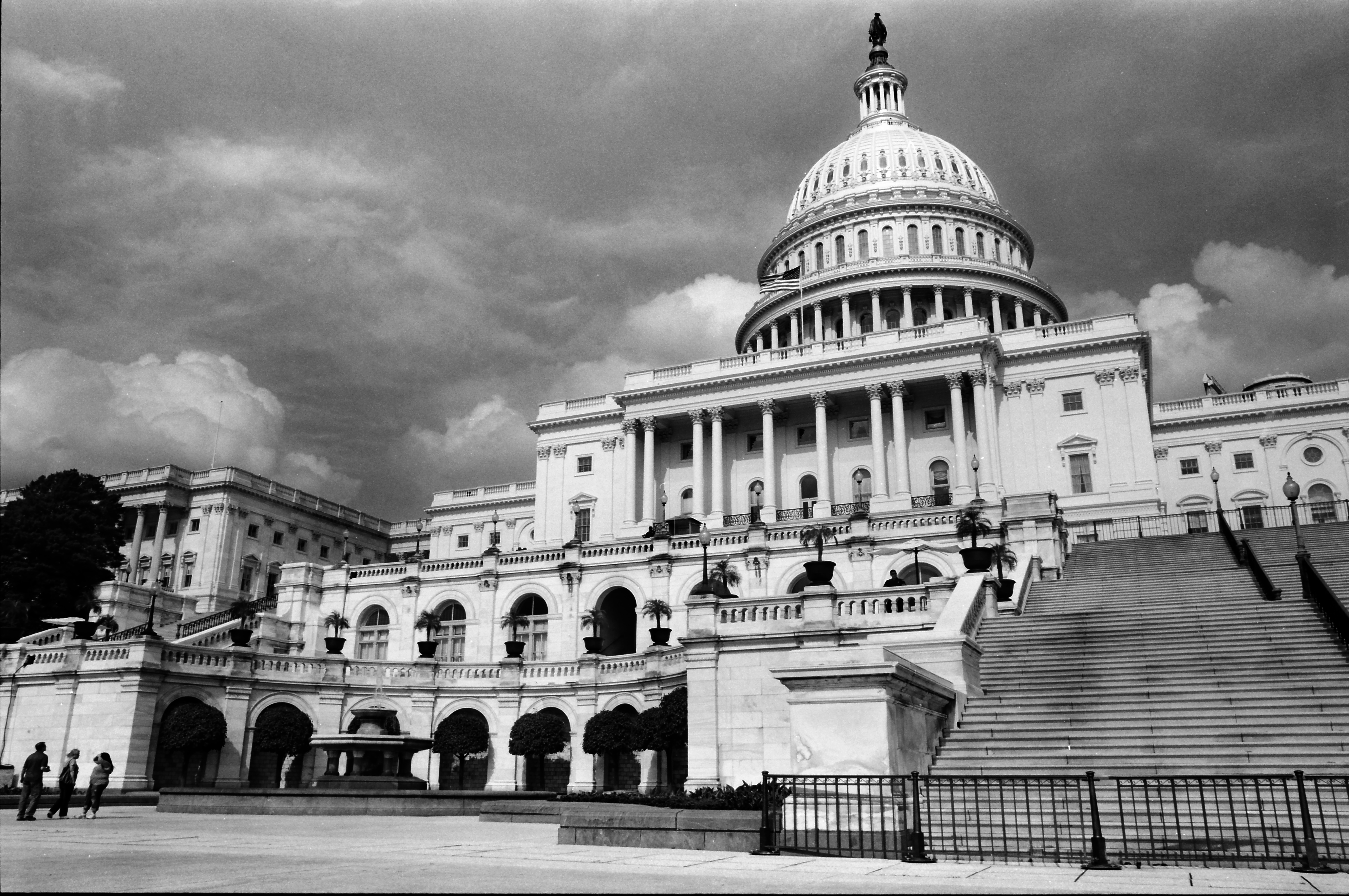The US Senate voted this past Tuesday to pass the Cybersecurity Information Sharing Act (CISA), which allows companies to share evidence of cyberattacks with the US government, even if that data includes the personal information of individuals.
Those in favor of the bill argue that CISA will help the government protect companies. Most big tech companies comprise the opposition, and say that the new act is another loophole that allows the US government to snoop on citizens. President Obama supports CISA.
Al Franken, a senator from Minnesota and one of 21 who voted against the bill, said in a statement following CISA’s passing, “There is a pressing need for meaningful, effective cybersecurity legislation that balances privacy and security. This bill doesn’t do that.”
Companies are supposed to remove personal information about customers—such as emails and text messages—before sending data to the government. Currently, however, no accountability system exists to ensure that personal identifiers are in fact deleted before reaching government databases.
CISA was most likely passed in response to recent high-profile hackings, such as those committed against Sony Pictures, Ashley Madison, and United Airlines.
“With security breaches like T-Mobile, Target, and [the US government’s Office of Personnel Management] becoming the norm, Congress knows it needs to do something about cybersecurity,” said Mark Jaycox, Legislative Analyst of the Electronic Frontier Foundation. “It chose to do the wrong thing.”
Article via CNET, October 27, 2015
Photo: The Capitol, in Washington, D.C. US Senate and The House of Representatives via DeusXFlorida [Creative Commons Attribution-NonCommercial-NoDerivs]
